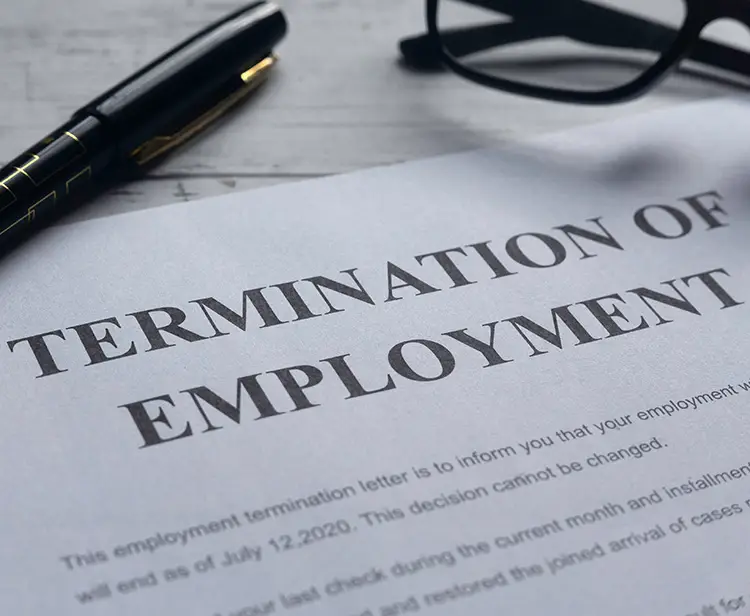Wrongful Dismissal In B.C.
In BC, employers can dismiss their employees for a variety of reasons. With cause. Without cause. With notice. Without notice. There are many words that are thrown around when it comes time to discuss termination. An employment lawyer is there to help you understand what is happening, and help guide you through the process so that you are making informed decisions.
While the employer is allowed to dismiss their employees for a variety of reasons, that termination must still be legal. If employees are not dismissed in a legal manner, this may result in a wrongful dismissal.
If you find yourself in a situation where you feel your employer has wrongfully dismissed you, we would encourage you to speak to a lawyer about your rights.
Zoe is a wrongful dismissal lawyer with extensive experience in fighting for the rights of employees across British Columbia. Please read the following to understand what constitutes wrongful dismissals and how Zoe could assist you in submitting a valid dismissal claim.
What Qualifies As Wrongful Termination?
Wrongful dismissal occurs when you have been dismissed unlawfully. For example, your employer terminated you but didn’t give you enough notice or payment in lieu of it.
An employment lawyer can listen to your circumstances and give you an opinion about whether you have a claim for wrongful dismissal and what your options are for next steps.
What Constitutes Just Cause
If you have conducted yourself in a manner that has resulted in a material breach of your employment contract, then your employer has just cause to terminate your contract without adhering to the applicable notice period. The standard for a for-cause dismissal is really high and we recommend anyone who has been terminated for cause or for just cause to reach out to an employment lawyer before signing any documents.
Just cause is generally warranted in the following situations:
- insubordination;
- theft;
- dishonesty;
- sexual harassment; and
- poor work performance.
REMEMBER
a dismissal on any of the above grounds can only be justified under serious circumstances and usually only after you have received written warnings.
Suppose your employer is unable to justify your immediate termination on one of the above grounds. In that case, your termination was likely wrongful and Zoe can assist you in a claim for wrongful dismissal.

Zoe Arghandewal
Human Rights & Employment Lawyer

Babak Zargarian
Criminal Lawyer


